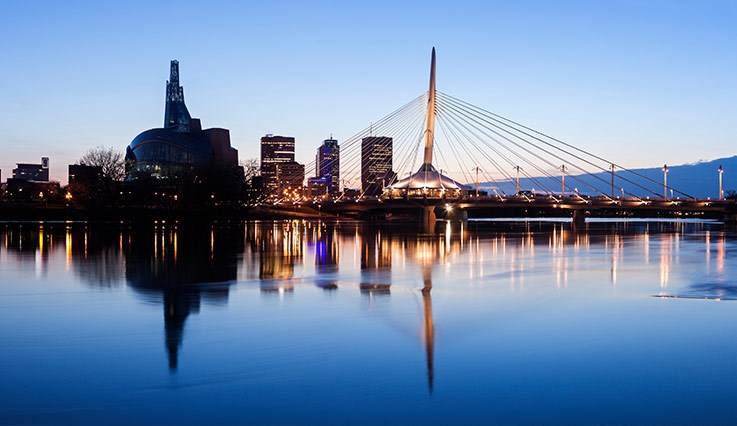In the latest print edition of Western Investor, we were pleased to present a special report on Manitoba, Canada’s central province and a place that can teach its quarrelsome neighbours a thing or two about building opportunities and a stable economy.
At times we think Manitoba may be the only adult in the room.
As Vancouver homebuyers fear they will never be able to afford the city’s million-dollar price tags and Calgary homeowners fear they will never be able to sell, Winnipeg residents can buy a nice detached house for $305,000 and typical condo apartments for less than $200,000, some for less than $35,000, the most affordable housing west of Moncton.
Housing sales are up 11 per cent in Winnipeg this year compared to 2018 and, in January, five times more detached houses sold in Winnipeg than in the City of Vancouver.
Incidentally, Winnipeg’s median household income, at $79,880 is higher than both Vancouver’s $76,040 and Toronto’s $75,270.
While B.C. and Alberta squabble and throw tantrums over a $4.5 billion pipeline and B.C. citizens bicker like children over the issue, the Manitoba town of Portage la Prairie has quietly inked more than $1.2 billion in business investments in the last two years alone.
Provincewide, Manitoba has $9.4 billion in resource projects under construction this year with nary a protester in sight.
Next door in Ontario, politicians are in a schoolyard fight over immigration and border jumpers. Saskatchewan is facing an outflow of immigrants while B.C. levies stiff fines on foreign real estate entrepreneurs to keep them out. In Manitoba, the homegrown and hugely successful Manitoba Provincial Nominee Program has welcomed 130,000 people. Ninety per cent of these new immigrants get jobs in less than a year and nearly that amount end up staying in Manitoba permanently, Statistics Canada reports.
This year, Manitoba is forecast to have economic growth of 1.8 per cent, about the same as last year, and employment will increase nearly 1 per cent.
A provincial outlook predicts thousands of new jobs being generated. Manitoba’s economy will see 168,400 new workers join the labour force between 2018 and 2024, or approximately 24,100 workers annually, Manitoba’s unemployment rate is expected to remain constant at around 5.3 per cent, the province’s report said.
Noted RBC in a recent outlook report on the province: “Manitoba is well positioned to keep cruising along thanks in part to a strong manufacturing sector.”
As a bonus, the Winnipeg Jets are leading the NHL Western Conference and are seen as a potential Stanley Cup contender.
Manitoba is not a flashy economy spiked with roller-coaster cycles. Instead it is a steady performer marked by maturity and sustained, consistent growth.
The rest of Canada could learn a lot from it.



